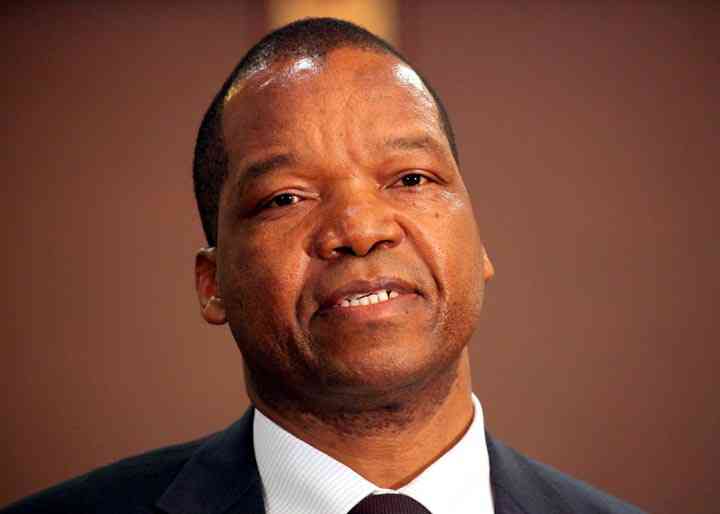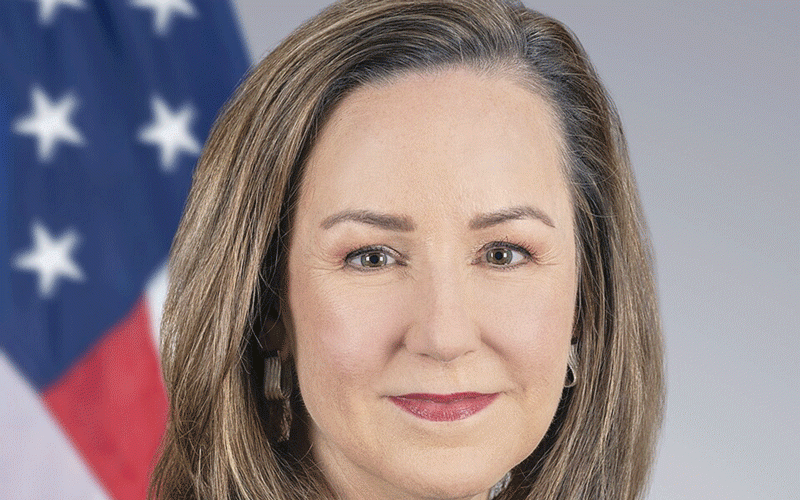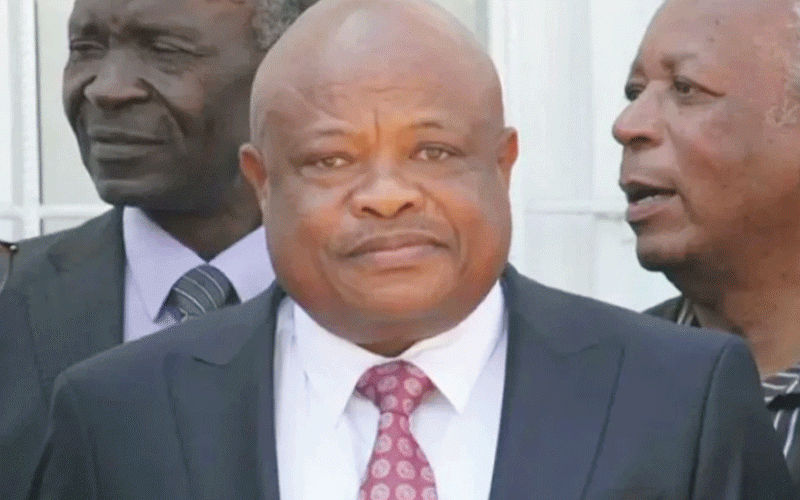
MUTAPA Investment Fund (MIF), the state-controlled entity managing 30 government-owned firms, said this week it was targeting offshore investments to enhance profitability and boost economic value.
MIF chief executive officer (CEO) John Mangudya told the Zimbabwe Independent that the organisation plans to explore global markets and invest in high-potential assets.
Just a week after committing US$5 million to Invictus Energy for 5% shareholding, Mangudya said the MIF’s investment scope extends beyond state enterprises.
The fund is eyeing stock exchanges in London, New York, and South Africa, among others.
“If you look at the (MIF) Act, it says the Sovereign Wealth Fund — which is the MIF — was capitalised by the transfer of State-owned enterprises into Mutapa,” Mangudya said.
“But then what do we do with the money that we get from these entities? We can invest it in any other transaction that we believe is good for the country.
“It is good to make more money. That is why it is said in the statutes that we are able to even purchase shares outside the country.
“We want to invest in, say, the stock exchange in New York or in London or South Africa. If we think it is good money, we will do that. We are not confined to the State-owned enterprises,” he said.
- Mangudya speaks on banks’ stability
- Mangudya speaks on banks’ stability
- Monetary measures spur exchange rate stability: RBZ
- Zimdollar shortage hits the country
Keep Reading
Zimbabwe has various capital markets, including the Victoria Falls Stock Exchange and the Zimbabwe Stock Exchange (ZSE).
However, the domestic economic crisis has led to delays in dividend declarations by some firms.
MIF has been laying the groundwork for expanded operations since President Emmerson Mnangagwa renamed the Sovereign Wealth Fund to MIF last year, tasking it with overseeing 30 parastatals, some of which are nearing insolvency.
MIF’s portfolio also includes approximately 36 other companies controlled by the State-owned firms in which it is invested.
Rebuilding these troubled assets is a formidable challenge.
Their contribution to gross domestic product (GDP) has fallen from 40% in the 1990s to 12% in 2021.
Mangudya said his mandate was to reverse this trend and restore these firms to their former prominence. Many of them are saddled with legacy debts.
“That is why the MIF was formed — to transform these State-owned enterprises so that they can go back to the glory years by ensuring that we sweat their assets and transform the way they are doing business,” he said.
“By so doing, we also increase their value and increase wealth for the people of Zimbabwe.
“What we have said is we could ensure they go back to where they were before and surpass it,” the former central bank chief said.
He projects that within five years, state firms could contribute between 30% and 40% to GDP.
“We want to go back to where we were before. I am only saying it is not insurmountable. It is doable,” Mangudya added.
Firms under MIF include the National Railways of Zimbabwe, Air Zimbabwe, Zimbabwe United Passenger Company, Cottco, Kuvimba Mining House, Silo Investments, National Oil Company of Zimbabwe, PetroTrade, POSB, TelOne, Arda Seeds, Zimbabwe Power Company, Powertel Communications, Allied Timbers, Telecel, Industrial
Development Corporation Hwange Colliery Company Limited, power utility Zesa Holdings and Fidelity Gold Refinery.
This big balance sheet makes MIF one of the country’s most strategic and influential companies.
Among its notable assets, the Cold Storage Commission (CSC) operates Africa’s largest slaughtering facility and owns several ranches, including Maphaneni Ranch, Dubane Ranch, Umguza Chomfukwe Dubane Umzingwane-Railway Block Gwanda Ranch, Chivumburu, Mushandike Ranch (Meyers Rust), Zeederberg Belwigwe, Willsgrove Feedlot and Darwendale Ranch.
CSC has Africa’s largest slaughtering facility, second to Botswana Meat Commission in terms of the latest technologies.
The government's objective is to revitalise these underperforming firms and consolidate their management under MIF, creating a portfolio valued in billions of United States dollars.
“We want our companies under Mutapa, which we call portfolio companies, to deliver on our mandate, which is to preserve and ensure a successful future for Zimbabwe,” Mangudya said.
“We want to ensure that we preserve the assets, secure the assets, sweat them, make value, and create wealth for the people of Zimbabwe.”









